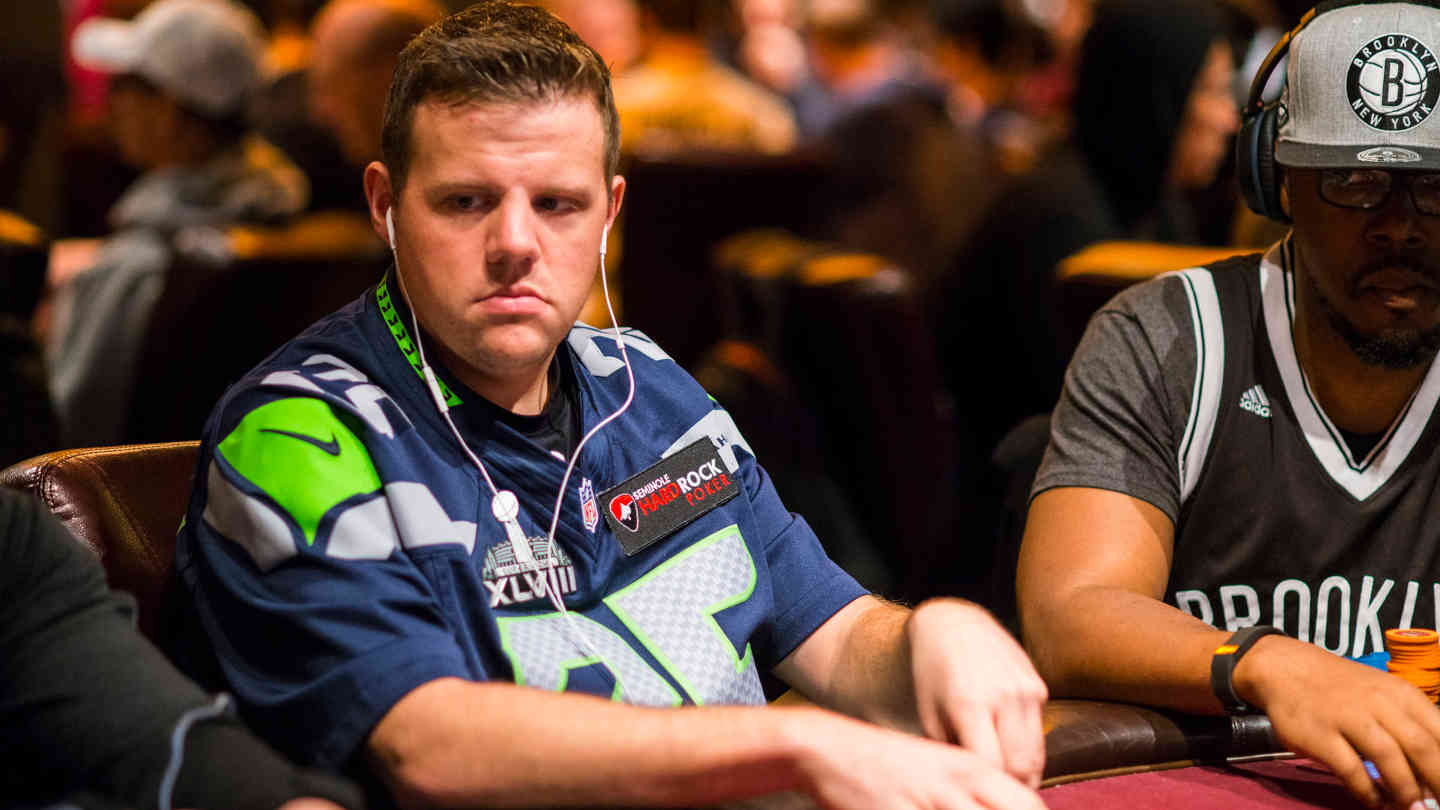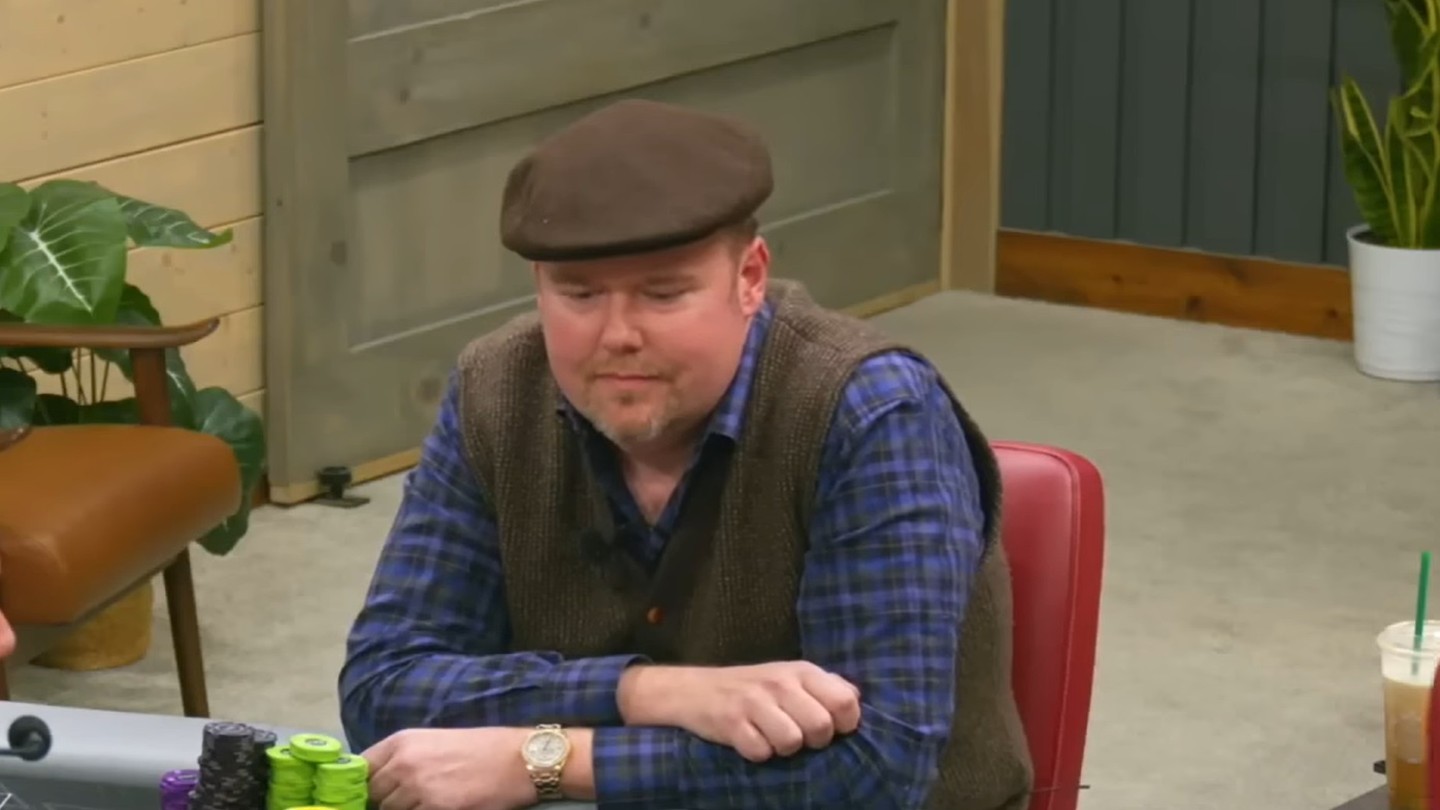Top 5 Ways to Not Ruin Your Poker Performance When Just Starting

5 minutes
Last Updated: March 19, 2024
If you just started playing poker, you should begin studying strategy to up your game or maybe even join one of poker training sites to improve at a better pace. Either way, you want to learn a few tricks not only to boost your performance but also to limit your losses.
If you read somewhere that a game of poker is easy and fast to master, you might be up for a surprise.
It will surely take some time to get hold of everything at the table, and sometimes things that you need to avoid are as important as ones you have to master. This article is exactly about that.
Here is a list of the five important things that every pro player knows, and every newbie should learn not to ruin a good game of poker.
Tip #1. Do Not Play Competitively Without a Proper Strategy
One of the keys to becoming a great poker player is learning to develop and apply a winning game strategy. Unfortunately, that is a thing that will take time.
Learning poker requires time, effort, and a lot of practice to play and consistently win at the tables, so developing a strategy is a long-term goal.

Of course, it depends on what you want to achieve. If you are playing just to have some fun, you can be easy on yourself and enjoy the games. On the other hand, if you want to take seriously, you have to understand that you will not learn everything at once.
It is the same for any competitive game, and even for some forms of gambling. For example, if you want to understand how sports betting works, you need to be prepared to study and do lots of practice to see the results. The same rule applies to poker.
While trying to learn everything at once can be overwhelming, if you have a solid plan and take it step-by-step, you will become better every day, and that will some become evident at the table.
Tip #2. Do not Bluff Just for the Sake of Bluffing
Hollywood movies capitalize on bluffing whenever there is a poker scene in a film, and it is also what you see in poker shows since it makes good TV.
This has deluded many beginners into thinking that you should be trying to win every hand, and bluffing is the way to do it. However, that is very far from the truth.
If you start randomly bluffing trying to take down every hand that you play, you will inevitably fail and lose much more than you think.
This is just not how poker works. It is a terrible idea to bluff just for the sake of bluffing in a situation where you do not have a reason to bluff.
Of course, you should have bluffs in your winning Texas Holdem strategy, but only when you have a good understanding of the game. This calculated risk can give you plenty of rewards when done in the right manner, or else it might backfire on you.
Tip #3. Do Not Play Too Many Hands
On top of the list of the most common mistakes poker rookies commit is playing too many hands.
If you make the mistake of playing too many hands, you are likely to bleed away your chip stack.
The best thing you can do is to develop a solid pre-flop strategy to improve your bottom line, which is probably the easiest and fastest way to do it.
You can focus on playing a tight range of playable or strong hands and play them aggressively. Most professional and formidable poker players recommend that you play fewer hands in a game but play them strong.
So when you are ready to jump in the games start by mastering preflop ranges, since you be using it in every single hand and only then progress further. You can even start by getting perfect solved preflop ranges by clicking here.
Tip #4. Do Not Downplay Reading Your Opponents
Part of what makes poker one of the greatest card games today is that it goes beyond the cards and the table; there is the human aspect to untangle.
The best poker players take the time to read and understand their opponents even before the game begins.
When you know your opponents, you can learn their playing patterns, the kinds of players they are, and the best strategies to use to beat them.

Poker is essentially a game of doing math, but with incomplete information. Reading your opponent’s faces, behaviors, and patterns are the additional ways to fill in the incomplete game information.
Luckily, this could be done both live and online, so you should grow a habit to observe other players and learn as much as you can about them.
Tip #5. Do Not Lose Concentration and Focus
People will always want to portray poker as a clinical game – a sort of unemotional and stoic performance. But at an amateur level, poker is almost entirely an emotional size-up of players.
Once you have mastered the rules of the game and can confidently develop and apply a strategy, discipline will help take your game to the next level.
With regular practice, you will train your focus to notice the slightest giveaways by the opponents that will give you an edge.
Discipline will help you know when to bluff, call, hold, or fold. Focus, on the other hand, will develop your skills by eliminating the frustrations and restlessness that drive most beginners away from the game.
A game of poker is ultimately a taste of your grasp on emotions, the ability to do mathematics with incomplete information, and how well you read your environment and the people in it.
So whenever you play, make sure to give your full attention to the game and put yourself in the position to succeed.
The advice in this article will surely help you on your steps into the poker world, but you can go even further and check the best tips for beginners.



















